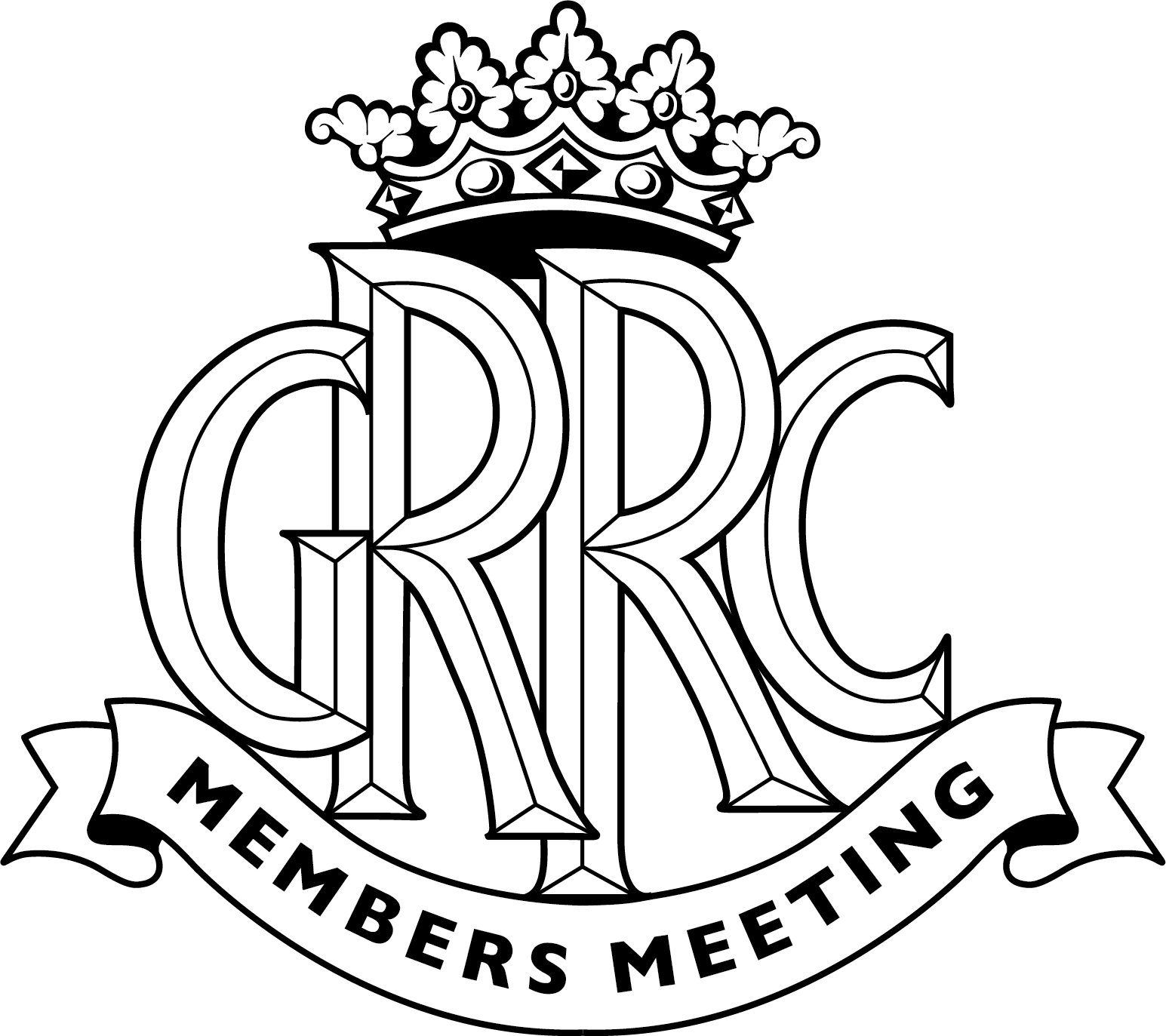The mid-race pit stop had been scheduled but botched, a wheel spinner spinning from a Maserati mechanic’s hand, his face aghast, and tumbling beneath the car. Juan Manuel Fangio, glugging to replenish liquid soaked into his Suixtil T-shirt, was out of the car and had his back to the mêlée. Though these clearly were different times, the operation was considered slow by the standards of the day.
He returned to the track almost 50 seconds behind the leading brace of Ferraris.
It would be suggested later that this was a plot to lull Mike Hawthorn and Peter Collins into a false sense of security. Though that is what happened, it was no plot.
Fangio, disappointed to have lost his advantage – and more – gained from running on half-tanks was ‘merely’ spurred into superhuman action as a consequence. The real trick to it was that he remained cool despite his frustration and gradually brought those new rear Pirellis in before launching an attack.

With forearms corded in flexure and cheeks hollowed by the slipstream, he took risks, holding a gear higher than usual and coping with the consequences: speed at the cost of stability. Skimming hedges and skirting ditches, he stirred dust and the collective soul. Collins and Hawthorn, though they responded bravely and skillfully, were on this day mortal men hunted by motor racing’s winged messenger.
Fangio set a new lap record, then dipped below his pole time – and then smashed it. He knew in his heart that he could not – nor would want to – go any faster. He had peered over the edge and seen a side of the sport and himself that he did not care to explore further. His that day was a mix of genius and madness, his overtakes of Collins and Hawthorn scruffy verging on uncompromising. He was not himself: he was the prototype Senna.
Race over, the eager young Englishmen, one blond and the other bronzed, behaved on the podium as if they had finished one-two. Swept up in the moment, they were thrilled by the occasion. They had played their part and that was enough.

Their conqueror, in contrast, looked every one of his 46 years. The adrenaline that had coursed through his veins replaced by the numbing chill of realisation, Fangio was tired, though unable to sleep for the next two nights. His future dreams and the rest of his waking life had its backdrop, its parameter.
Though Fangio had secured a fifth world title – Ferrari’s Luigi Musso was (just) mathematically capable of equalling his tally – it had come at a physical and mental cost that he could never repay. His rivals knew that he was the best and now Fangio knew that he had given all of his best and that he was old enough to know better.
Retirement beckoned.
Photography courtesy of LAT Images
juan manuel fangio
Fangio
nurburgring


































































